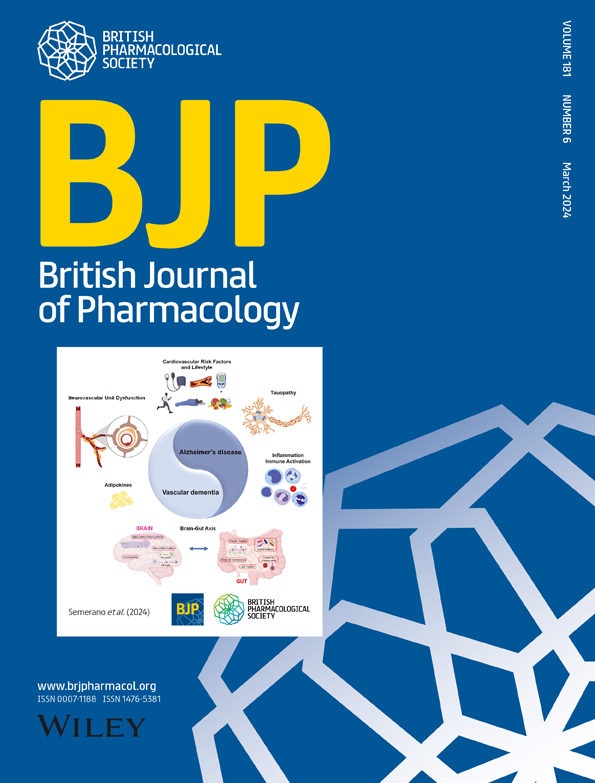Actions of dexmedetomidine in regulating NLRP3 in postoperative cognitive dysfunction in aged mice via the autophagy–lysosome pathway
Abstract
Background and purpose
Autophagy–lysosomal pathway dysfunction leads to postoperative cognitive dysfunction (POCD). Dexmedetomidine (Dex) improves POCD, and we probed the effects of Dex on autophagy–lysosomal pathway dysfunction in a POCD model.
Experimental approach
A POCD mouse model was established and intraperitoneally injected with Dex. Cognitive function was evaluated by Morris water maze/open field test/novel object recognition assay. Levels of neurotransmitters/inflammatory cytokines in hippocampus, and NLRP3/ASC/Cleaved Caspase-1 proteins were determined by ELISA/Western blot. NLRP3 inflammasome-mediated microglial activation/astrocyte A1 differentiation in the hippocampal CA1 region were assessed by immunofluorescence assay. BV-2 cells were treated with lipopolysaccharide (LPS) and Dex and/or the NLRP3 inflammasome activator Nigericin, and transfected with si-TFEB for co-culture with primary reactive astrocytes (RAs) to verify the function of Dex in vitro.
Key Results
Dex alleviated cognitive dysfunction in POCD mice and repressed NLRP3 inflammasome-mediated microglial activation and astrocyte A1 differentiation. NLRP3 inflammasome activation partially reversed the protective effect of Dex on the POCD condition. In vitro experiments verified the inhibitory properties of Dex on microglial activation and astrocyte A1 differentiation. Dex induces TFEB nuclear translocation, microglial autophagy and lysosomal biogenesis. By activating the autophagy–lysosome pathway, Dex regulated NLRP3 inflammasome-mediated microglial activation, inhibited astrocyte A1 differentiation and alleviated POCD in vivo.
Conclusion and implications
Dex regulates NLRP3 inflammasome-mediated hippocampal microglial activation by promoting TFEB nuclear translocation and activating the autophagy–lysosome pathway and inhibits astrocyte A1 differentiation, thereby alleviating POCD.

 求助内容:
求助内容: 应助结果提醒方式:
应助结果提醒方式:


